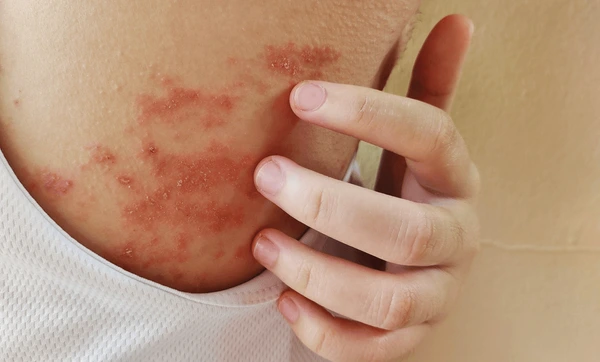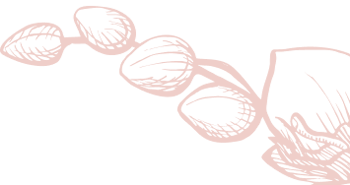
About
Atopic Dermatitis
At The Velvet Skin Centre, Indira Nagar, Lucknow, we provide advanced atopic dermatitis treatment. Our best dermatologist ensures personalized care for lasting skin comfort.
Book Appointment NowCall to book Appointment +91 8002558860

About
At The Velvet Skin Centre, Indira Nagar, Lucknow, we provide advanced atopic dermatitis treatment. Our best dermatologist ensures personalized care for lasting skin comfort.
Book Appointment NowAtopic dermatitis, also known as eczema, is a chronic skin condition characterized by itchy, red, and dry skin. The exact cause of atopic dermatitis is not known, but it is thought to be caused by a combination of genetic and environmental factors. People with atopic dermatitis often have a family history of the condition or other atopic conditions such as asthma or hay fever.

Dr. Asma offers the revolutionary Carbon Laser Peel Treatment in Lucknow. This procedure combines carbon and laser technology to deeply exfoliate and rejuvenate the skin. It's ideal for oily skin, acne, and pigmentation issues. Carbon is applied, and a laser removes impurities while stimulating collagen. Dr. Asma's expertise ensures safe and effective results.
Atopic dermatitis is a chronic condition, which means that it can last for a long time and may come and go in cycles. Flare-ups can be triggered by certain factors such as stress, changes in temperature, or exposure to irritants or allergens.
Treatment for atopic dermatitis includes moisturizing the skin, avoiding irritants, and using medications such as topical corticosteroids, immunomodulators, or calcineurin inhibitors. In some cases, light therapy may also be used.
It is important to work with a dermatologist to develop an individualized treatment plan to manage the symptoms of atopic dermatitis and reduce the frequency of flare-ups.
Symptoms of atopic dermatitis can include:
The exact cause of atopic dermatitis is not known, but it is believed to be caused by a combination of genetic and environmental factors. Some of the known causes and contributing factors of atopic dermatitis include:
It is important to note that not all causes or triggers are the same for everyone and it's important to work with a dermatologist to identify the specific causes of your atopic dermatitis.
Atopic dermatitis is a chronic condition, which means that it can last for a long time and may come and go in cycles. The goal of treatment for atopic dermatitis is to relieve symptoms and prevent flare-ups. Treatment plans for atopic dermatitis are usually personalized and may include a combination of the following:
It is important to work closely with a dermatologist to develop an individualized treatment plan that addresses the specific causes and triggers of your atopic dermatitis, and to monitor the progress of the treatment.
About
About
With multiple skin and hair care clinics across Lucknow, including The Velvet Skin Centre led by Dr. Asma – the best skin doctor in Lucknow and a trusted hair specialist doctor in Lucknow – we make expert dermatological treatments easily accessible, ensuring you receive the best care close to home.
Phone: +91 8002558860
Phone: +91 8002558860
Phone: +91 8002558860

Copyright @ 2025 The Velvet Skin Centre All Rights Reserved